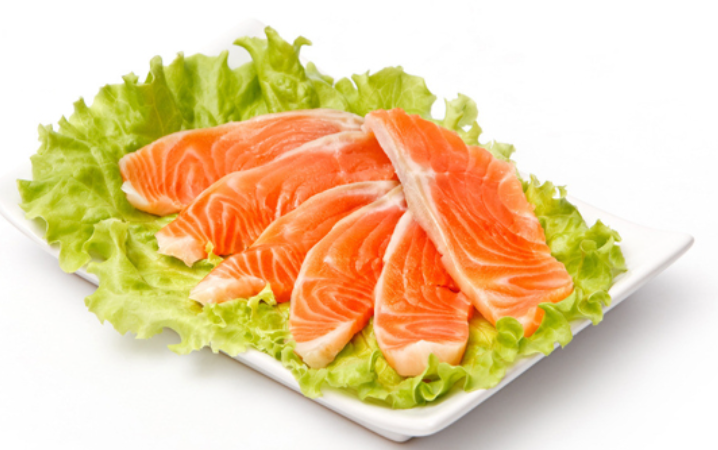A change in the skin is the first thing people notice about ageing. Since the muscle tone decreases, ageing skin tends to sag and this is mostly apparent around the neck and face. As the outer layers of skin begin to lose fat, the skin becomes thinner and more translucent. wrinkles begin to appear when the skin loses its moisture and begins to dry. Skin that is damaged by the harmful UV rays of the sun is more susceptible to the ageing process when compared o skin that has been under the care of sunscreens and wide brimmed hats.

Fish
One of the most common signs of ageing skin is the appearance of age spots, also known as sun spots, lentigines and liver spots. These spots are harmless discolorations of the skin which appear as flat brown or yellow discolorations of the skin. Although they are an indication of advancing age, they are nothing to be worried about unless the spots develop over a period of time and change texture or color. These spots are caused by prolonged exposure to the sun and if these changes occur it could indicate the onset of skin cancer and hence it is necessary to meet your physician to rule out this possibility. For these spots, finely dice an onion and strain the juice out using a cheese cloth or a strainer. Take some apple cider vinegar and an equal amount of onion juice and mix them together.
Now take a cotton swab and dip into it and dab onto the ageing spots. Heat a little coconut or olive oil and massage well into the skin all over your body once or twice a week. Let the oil stay on for a minimum of an hour and then wash it off. Just as hair requires weekly oil treatments to keep it supple and healthy, so does the skin. Moisturize your skin while it is still a little wet after your daily bath to seal the moisture in the pores. This will prevent the skin from drying up too soon.
It is important to eat a healthy balanced diet including fresh fruits, green leafy vegetables, sprouts, whole grains, lean meat and fish to maintain healthy skin and fight any possible damage. Drink plenty of water, at least 5-6 liters a day to keep your skin hydrated and supple. This should also help combat any possible skin damage to a large extent.

![Diseases, Symptoms, tcm, [tcmwindow.com]](/uploadFile/adImg/2015/11/11/f5cbfcc0-4df5-4646-9b9a-f316651a0199.jpg)





